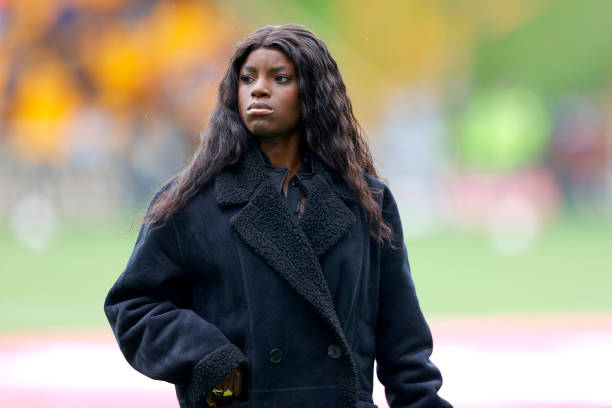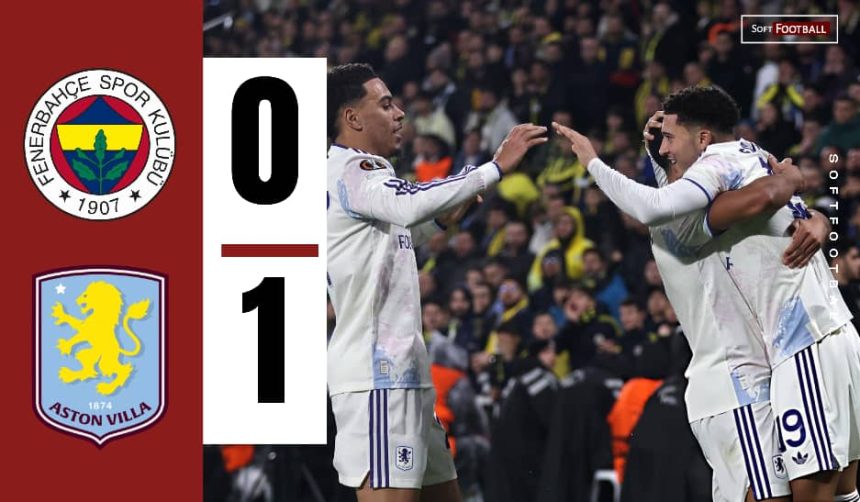Former England international and football executive Eniola Aluko believes it’s time for FIFA to take a second look at the rules that determine when and how a player can switch national teams.
Softfootball reports that in her view, the current guidelines are outdated, and they’re quietly cutting short the international dreams of many dual-nationality players.

Speaking on The Obi One Podcast, hosted by ex-Super Eagles captain John Mikel Obi, Aluko didn’t hold back. She expressed frustration with how quickly players can be locked in by one national team, only to be forgotten later.
According to her, a player might be called up once or twice just enough to block them from representing another country then never get another opportunity.
She said:
“I think the rule should change; let’s use someone like Eberechi Eze. If he plays five games for England and then never gets called up again, I think he should then be able to go back and play for Nigeria again”
“The idea that the minute you get called up for the national team, you can never play. Because what that does, it makes the England national team stockpile players in a way that it kind of cancels their international careers.
“So I think the bar of how many games you should play should be higher. So it may be 5 or 10 games. If you play 5 or 10 games, that should be the limit.
“If you don’t ever get called up again in 2 years, you should then be able to choose to play for your national team.”
Watch the video below:
🙏🏿 ‘THE RULES SHOULD CHANGE’
— The Obi One Podcast (@obionepodcast) August 4, 2025
Eni Aluko proposes a radical change to FIFA’s eligibility rules.
It would certainly be a game gamer for a lot of players. Thoughts? 🤔
📺 Full episode: https://t.co/xTk8B7DZDk pic.twitter.com/4ujkIs67pw
Aluko’s argument is simple: players should be able to represent another eligible country if they haven’t been selected by their first national team in two years.
She also thinks the minimum cap threshold before a player becomes tied to one country should be raised suggesting five to ten official matches might be a fairer bar.

FIFA’s current rules, however, are strict. As things stand, a player can only switch allegiance under specific circumstances, such as playing no more than three competitive games before turning 21, none of which are in a major tournament, and only if at least three years have passed since their last appearance. Even then, the process isn’t always clear-cut, and players often feel stuck.
Aluko, who was born in Lagos, Nigeria, and went on to earn 102 caps for England between 2004 and 2016, knows the struggles of navigating identity and opportunity in football. She scored 33 goals for the Lionesses and played in several World Cups and European Championships, as well as the 2012 Olympics for Team GB.
Her stance touches on something deeper than just football regulations it’s about fairness, choice, and respect for heritage, In a world where more and more athletes grow up with ties to multiple countries, the conversation Aluko is sparking feels timely and necessary.










